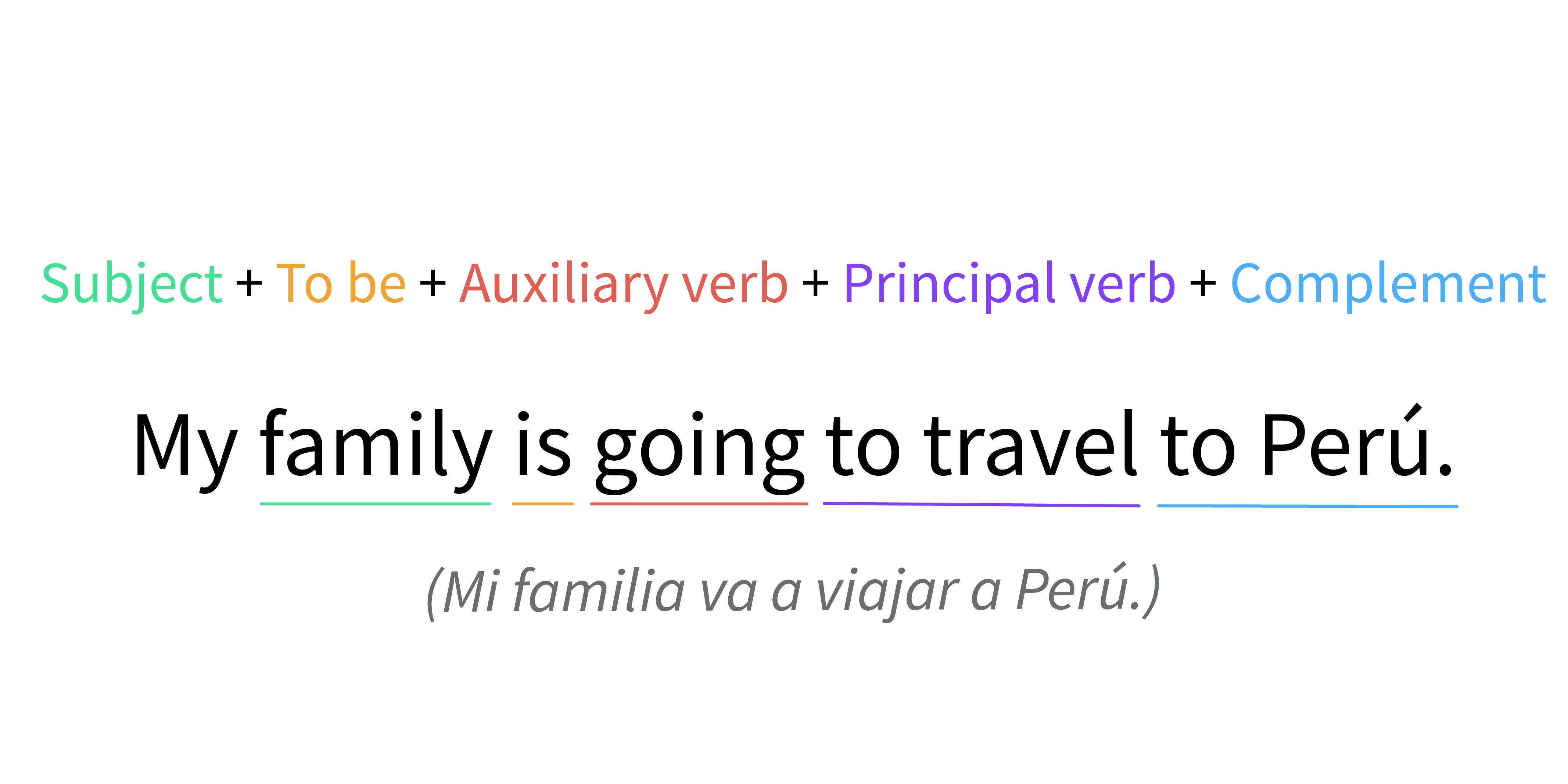Ingles
ACTUALIZACION DEL AÑO LECTIVO 2023- 2024 Fecha: Viernes, 6 de Enero del 2024
Alumna: Bianca Jaramillo
Curso: 3B Informática
Asignatura: Inglés
AUXILIARY "GOING TO"Going to se utiliza para expresar planes o hechos contundentes a futuro.
Es importante anotar que en esta forma del tiempo futuro se hace uso del verbo to be en forma presente, por ejemplo:

En español traducimos esta forma del futuro conjugado con el verbo ir en futuro como auxiliar.
Fecha: Viernes, 6 de Enero del 2024
Alumna: Bianca Jaramillo
Curso: 3B Informática
Asignatura: Inglés
Going to se utiliza para expresar planes o hechos contundentes a futuro.
Es importante anotar que en esta forma del tiempo futuro se hace uso del verbo to be en forma presente, por ejemplo:

En español traducimos esta forma del futuro conjugado con el verbo ir en futuro como auxiliar.
Usos de Going to:
Con will:
Con going to:
Ingles
We have something very clear, English is the most commercial language of all, ideal for the business world and to interact with people from different countries. But, like any language, English is not an easy language to master for everyone. Today we are going to tackle the conjugation of verbs in English, both regular and irregular, come on!
Although its grammar is considered less complex than that of Spanish, the conjugations of the verb tenses usually generate many doubts.
Verbs in English can be conjugated in the active or passive voice depending on the function of the subject in the sentence, just as it happens in Spanish. The first thing we must do is separate the irregular verbs from the regular ones and learn certain rules. We have previously studied the most used verbs in English. Ready to learn about them?
Verbos regulares presente y pasado
| VERBO | PRESENTE | PASADO |
| Evadir | Avoid | Avoided |
| Atacar | Attack | Attacked |
| Disculparse | Apologize | Apologized |
| Creer | Believe | Believed |
| Balance | Balance | Balanced |
| Completar | Complete | Completed |
| Cocinar | Cook | Cooked |
| Llamar | Call | Called |
| Bailar | Dance | Danced |
| Morir | Die | Died |
| Disfrutar | Enjoy | Enjoyed |
| Seguir | Follow | Followed |
| Terminar | Finish | Finished |
| Adivinar | Guess | Guessed |
| Ayudar | Help | Helped |
| Imaginar | Imagine | Imagined |
| Abrir | Open | Opened |
| Estudiar | Study | Studied |
| Hablar | Talk | Talked |
| Tocar | Touch | Touched |



Comentarios
Publicar un comentario